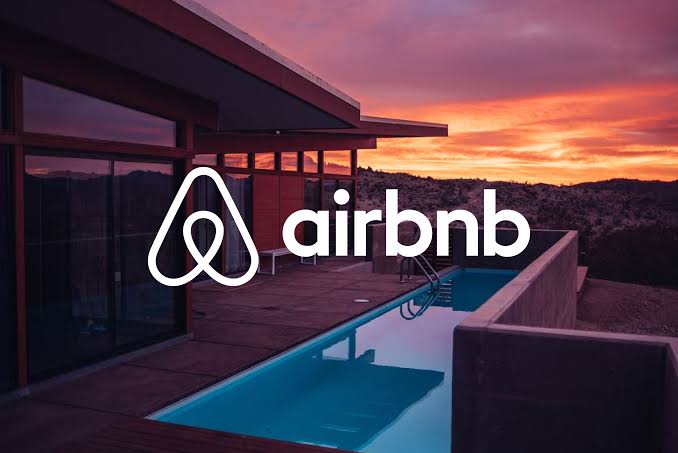The increase in crime means the government and global short-term rental listing company AirBnB are reading from different scripts on the use of security cameras in the accommodation facilities.
The crimes include at least one unsolved murder, within short-term lease facilities.
The cabinet has approved several measures including maintaining CCTV cameras in common areas.
However, in a revised policy issued early this week, AirBnB said it will not allow security cameras inside listings, regardless of their location, purpose or prior disclosure. The order takes effect at the end of next month and affects hosts across the globe.
“Our goal was to create new, clear rules that provide our community with greater clarity about what to expect on Airbnb. These changes were made in consultation with our guests, Hosts and privacy experts, and we’ll continue to seek feedback to help ensure our policies work for our global community,” said Airbnb’s Head of Community Policy and Partnerships, Juniper Downs.
Historically, AirBnB allowed the use of indoor security cameras in common areas of listings, such as hallways and living rooms, as long as they were disclosed on the listing page before booking, clearly visible, and were not located in spaces like sleeping areas and bathrooms.
The Cabinet resolution now directly differs with the platform’s new rules, which is bound to complicate the process for AirBnB hosts in the country. While issuing the hosting platform’s new policy on indoor security cameras, Downs had predicted that it would only affect “a smaller subset of listings on the platform” because many listings globally do not report having security cameras.
In addition to the cameras, the government also wants hosts to maintain an updated register of people, vehicles, motorcycles, and rickshaws entering and exiting their premises. It also requires the premises be guarded by registered private security providers, and the maintaining of a security occurrence book.



Can you be more specific about the content of your article? After reading it, I still have some doubts. Hope you can help me.